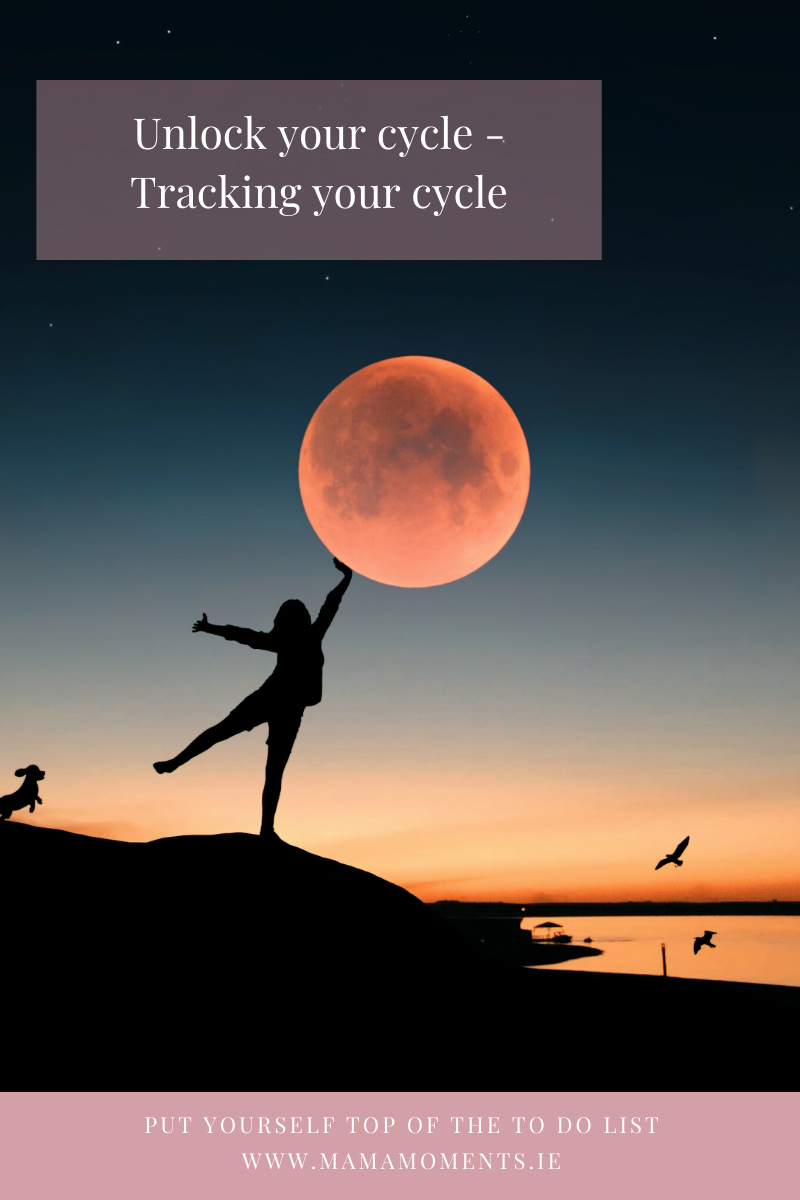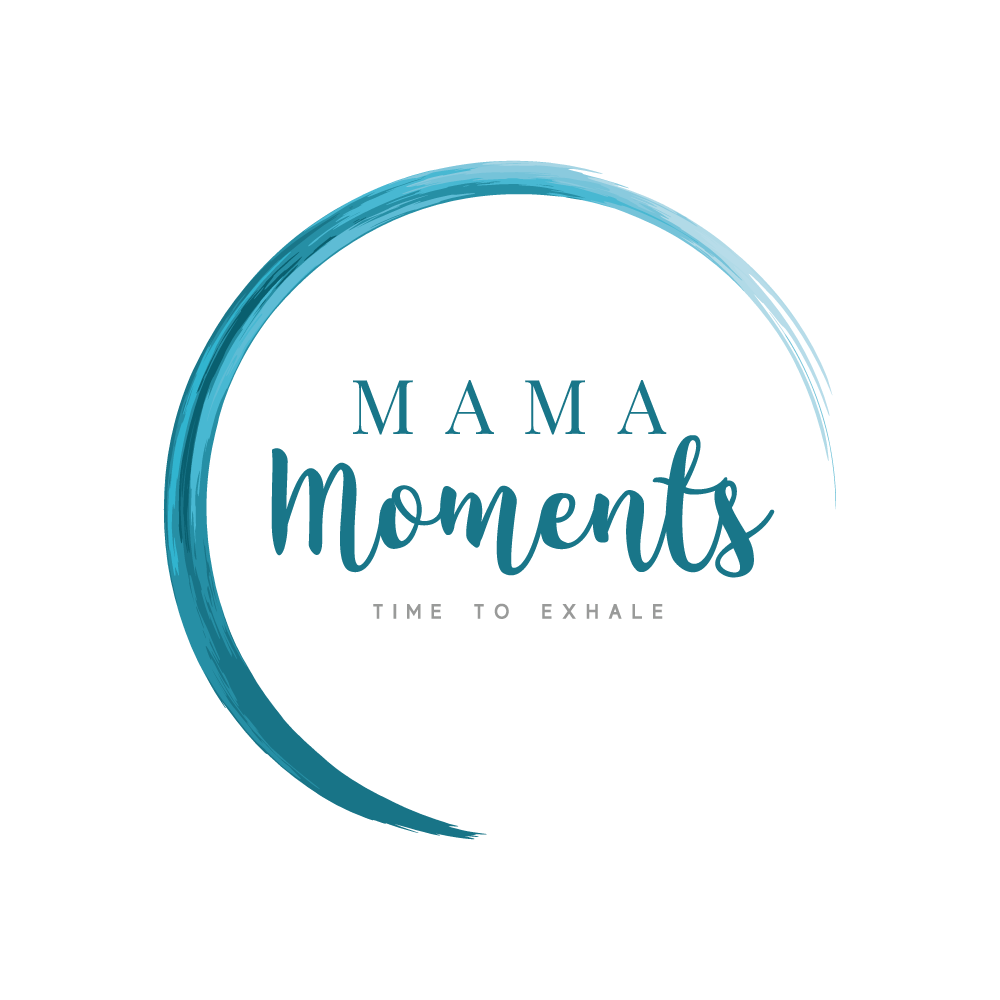 The bleed we have when we’re on hormonal birth control is not a real period. We don't ovulate and our hormones don't rise and fall. Which means, we don't experience the natural gifts we are due as a result of our changing brain chemistry throughout the month. These gifts of powerful energy, increased potential, and positive thinking are those we have discussed throughout this series of Unlocking Your Cycle, which I think you will agree are fairly influential aspects to lean into.
The bleed we have when we’re on hormonal birth control is not a real period. We don't ovulate and our hormones don't rise and fall. Which means, we don't experience the natural gifts we are due as a result of our changing brain chemistry throughout the month. These gifts of powerful energy, increased potential, and positive thinking are those we have discussed throughout this series of Unlocking Your Cycle, which I think you will agree are fairly influential aspects to lean into.
But when we don’t lean in, our life can feel limited by our natural cycle. In this case, we may decide birth control is a way to regain some of that control outside of our cycle. But when we choose birth control, no one tells us that we’re giving up these biological gifts. I certainly was never told, and I was on the pill for about 11 years!
The Argument Against Birth Control
I started having a lot of hormonal breakouts when I was 17. My GP put me on the pill to 'fix' my skin. At this time, there was no mention of our Infradian rhythm, or the fact that I would be blocking access to all of these amazing gifts. There was no mention that being on the pill could be damaging to my mental health, my metabolism, my microbiome, and my fertility. And definitely no mention that the bleed I would have was not a real period.
When we are denied pertinent information, are misinformed, or misled, about the effect medications can have on our bodies, we do not have bodily autonomy. It is our body, and we have the right to choose what we do with it, yet we are making decisions without the right information; Information which can massively impact our mental, physical, and emotional health.
The Male Pill
A few years ago The World Health Organisation commissioned a study on male birth control. This wasn't the first-time creating birth control for men was attempted but it was a pretty big study. They gave doses to 320 men every eight weeks in different countries around the world. The doses contained two hormones to knock down their sperm counts significantly, and it showed to be 96% effective.
But the study was cut short. Why?
A lot of the men dropped out because they were experiencing side effects including acne, mood swings, depression, and weight gain. The exact same symptoms women experience and put up with on hormonal birth control! The men in the study were not willing to put up with it, so why are we?
Everyone Does It, So Everyone Does It
Personally, I believe it is because the pill and all it entails is now culturally accepted and expected. An “Everyone does it, so everyone does it”, kind of thing. But I also believe, it is deeper than that. I believe it is because we are ill-informed, and as such we don't understand what we are giving up.
We don't understand that our changing hormones affect our brain chemistry by 25% each cycle. We don't understand that these changes in our brain chemistry affects our energy and effort levels. And we don't understand that having access to these four phases gives us essential superpowers!
Remember, being creative and brainstorming new ideas is a breeze in the follicular phase. Pitching new ideas, hosting parties, and playdates is effortless in the ovulatory phase. Organising, finishing off projects, and getting things done is our raison d'etre during the luteal phase.
But we don't understand that we are making our lives harder by attempting to suppress our cycle, by living in ignorance of our cycle, and by forcing ourselves to live on the male-centred 24-hour clock.
Embracing Our Cycle
It is incredibly frustrating and disheartening to hear of all of this when we are twenty years into our cycle but hold onto the fact that we can teach this knowledge to our daughters or our nieces. We can empower the next generation to be fully emboldened by their cycle and never have to wonder why life can feel so damn hard some weeks.
The next generation will understand when they feel a certain way they may be out of alignment, out of balance but they will know exactly what to do to support themselves and move back into balance. And they can make fully informed decisions about the type of birth control they use with full information and understanding. They will choose what is right for them, and not solely because they think their period is an inconvenience or a limitation.
Tracking Your Cycle
When we make the choice to embrace our cycle, it does not mean simply accepting it but rather working with our cycle, and the deliberate phases. Tracking our cycle to live a more purposeful and less complicated life, does not have to be difficult but it does take a concerted effort to monitor and ultimately recognise the phases we are in alignment with. We can most certainly get to know our cycle by acknowledging the patterns.
Our cycle can be amazingly predictable, and you will be surprised when you spot those natural and obvious changes in our rhythm. It can take a few months to find the pattern by tracking your cycle, so it is important to physically keep track of it in your diary by recognising the phases and adjusting to how you eat, exercise, mother, and work as we discussed in the phases.
There are various apps you can use to track your cycle, or an old-fashioned calendar will work just as well. And remember, it can take a number of months to find a pattern.
Track Your BPM
Amazingly tracking your heartrate is a fantastic indicator of our phases and if you routinely wear a FitBit you’re on a roll! Our resting heart rate has been shown to be significantly higher when we are in our ovulatory and luteal phases in comparison to when we are menstruating and in the follicular phase.
Basal Body Temperature
The rise in our BPM is similar to how our Basal Body Temperature (BBT) rises around ovulation also. This is another strong indicator of ovulation. It’s caused by surging progesterone which plays a significant role in preparing the uterus for pregnancy. Using a basal thermometer can help to keep track of your BBT. Take your BBT first thing in the morning and continue to track your BBT daily. Toward the middle of your cycle, you should notice a spike in temperature by 0.5 to 1 degree which is maintained and is an indicator of ovulation.
Mood Swings
Tracking our moods throughout our cycle can highlight which phase we may be in as our hormones fluctuate. Before our period, we may begin to feel moodier than usual which is perfectly normal and time to ramp up the self-care. When we can align our moods with the varying phases we know why there is a reason for our mood swings.
Energy & Tiredness
Monitoring our energy levels is another great indicator of which phase we are entering as our energy levels fluctuate with our cycle. Tracking our energy levels can guide us into each phase, for example when we track our energy, we can understand why we feel so exhausted on day three of our period and won’t be caught out by how our bodies are reacting to our cycle.
Dreams
Our hormonal changes throughout our cycle can have an effect on how and what we dream about. As estrogen and progesterone peak at their varying levels they can enhance our memory and dream processes. If you’ve never kept a dream journal, it may be time to start as tracking our dreams can highlight our phases, for example, prior to ovulating and during menstruation our dreams can be more centred around male characters, positive emotions, and be much more vivid.
Unlocking Your Cycle – The Final Word
The aim of this series was to give you an insight into the magic and power of your cycle. An insight into how much more easily you can live your life if you lean into the different phases and your changing brain chemistry. This series cannot cover everything, and it could be that you will need support from a GP, a dietician, counsellor, or someone else to bring more hormonal balance to your cycle and your body.
But remember, being aware of your cycle, tuning into the shifts that take place as we move from one phase to the next, is empowering, and can help bring balance. Understanding that your brain chemistry and energy levels are vastly different in the luteal phase, when compared with the ovulatory phase, opens you up to practicing more self-compassion and understanding. Even making small shifts in the way you eat, exercise, work, mother, and live on a daily basis can be life changing.
Remember to practice phase specific self-care and that living in a cyclical way is the most radical and productive self-care!
I hope you come back to these blogs again as you gradually tweak how you live to bring yourself into more alignment with your body and mind. My Unlock Your Cycle course is available if you would like to uncover more about your body and mind, with additional discussion, advice, and resources at hand to help you lean in to your new life.
Unlock Your Cycle Blog Series

